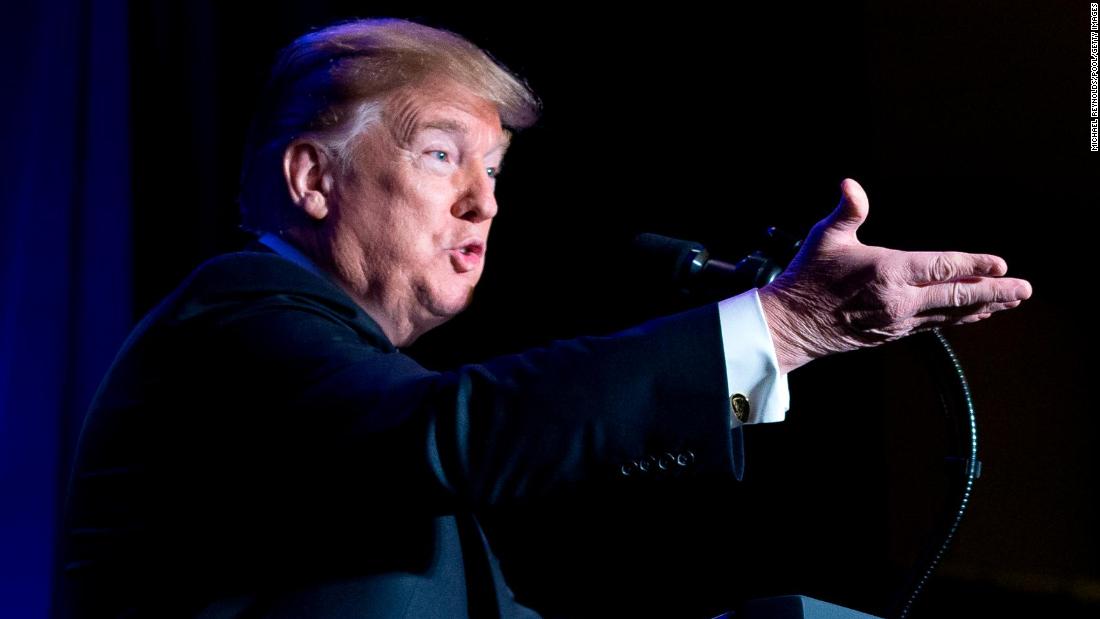
On Friday, Trump declared a national emergency after signing a spending bill compromising on border security that will keep the government open. The bill doesn't include the full amount of money he asked for for a wall. He is exercising his executive powers to declare a national emergency, sparking a national debate on his decision and continuing the fight over the border.
CNN's poll isn't the only one to reflect an opposition to the president's use of a national emergency. Five other polls taken in January showed around one-third support and two-thirds opposition for executive action, including two from Quinnipiac University, one from Monmouth University, one from Fox News, and one from ABC/Washington Post. Some of these polls are conducted among registered voters, not just all American adults, but results remain relatively consistent.
Democrats are the most opposed to the national emergency, in the CNN poll, with 96% who said Trump shouldn't declare one. Sixty-three percent of independents and 31% Republicans agreed that a national emergency is the wrong move. A division in Trump's own base -- with 3-in-10 Republicans who don't want him to declare a national emergency over the border and 64% who do -- shows that this isn't one of his more popular ideas.
There's a chance his party could solidify around him, as not much Trump does has impacted his approval rating in the past.
Most Americans will be happy that the government isn't shutting down again, 57% opposed another partial government shutdown in the case that no agreement was reached.
More than half oppose building a wall along the entire border with Mexico (56%), according to CNN's poll from January. That is the lowest opposition to the wall since 2016, but it has always been a majority of Americans since CNN began polling the issue. Eight-in-10 Republicans support building a wall, 39% of independents, and 8% of Democrats.
The CNN Poll was conducted by SSRS January 30 through February 2 among a random national sample of 1,011 adults reached on landlines or cellphones by a live interviewer. Results for the full sample have a margin of sampling error of plus or minus 3.8 percentage points, it is larger for subgroups.
No comments:
Post a Comment